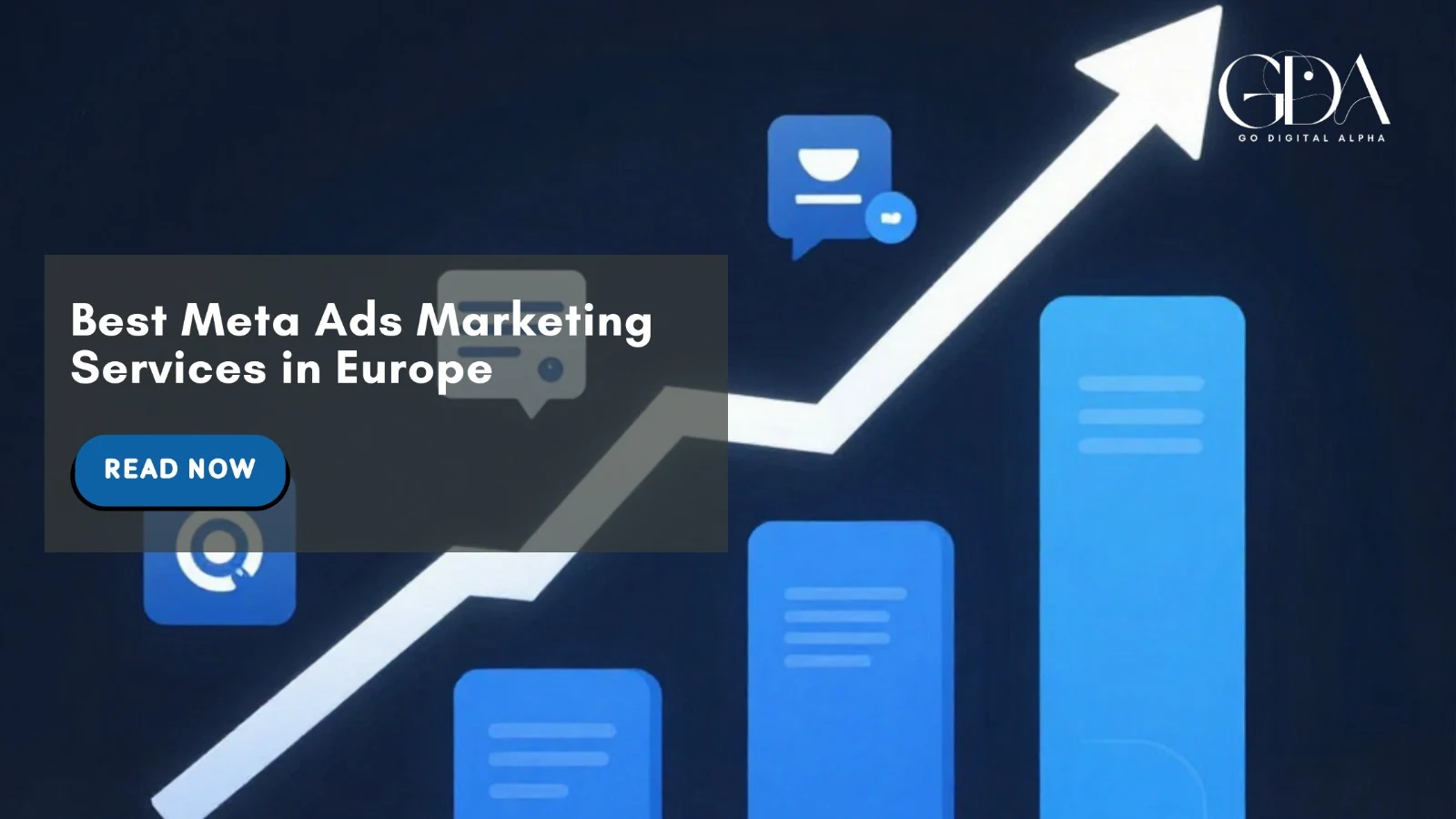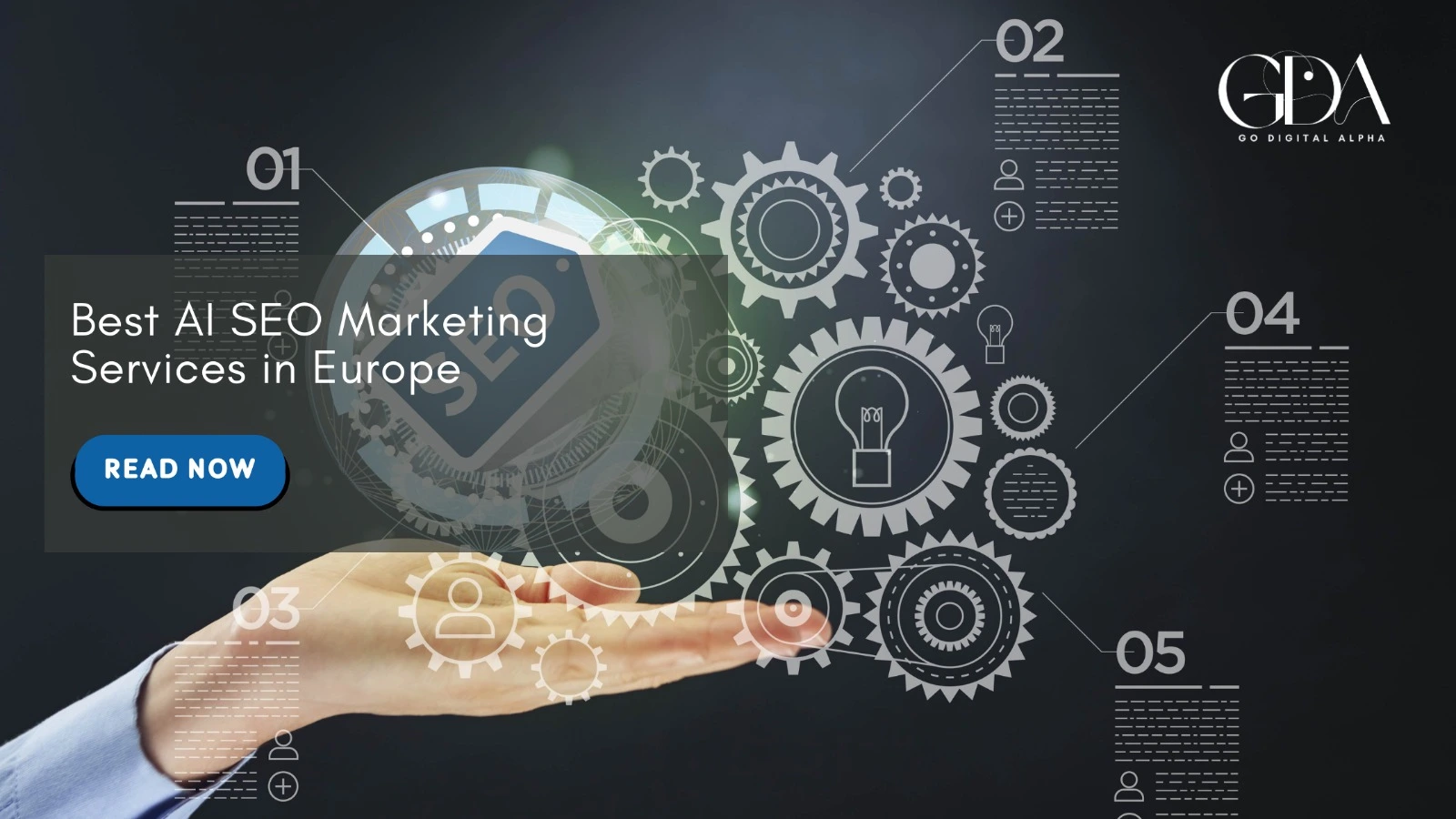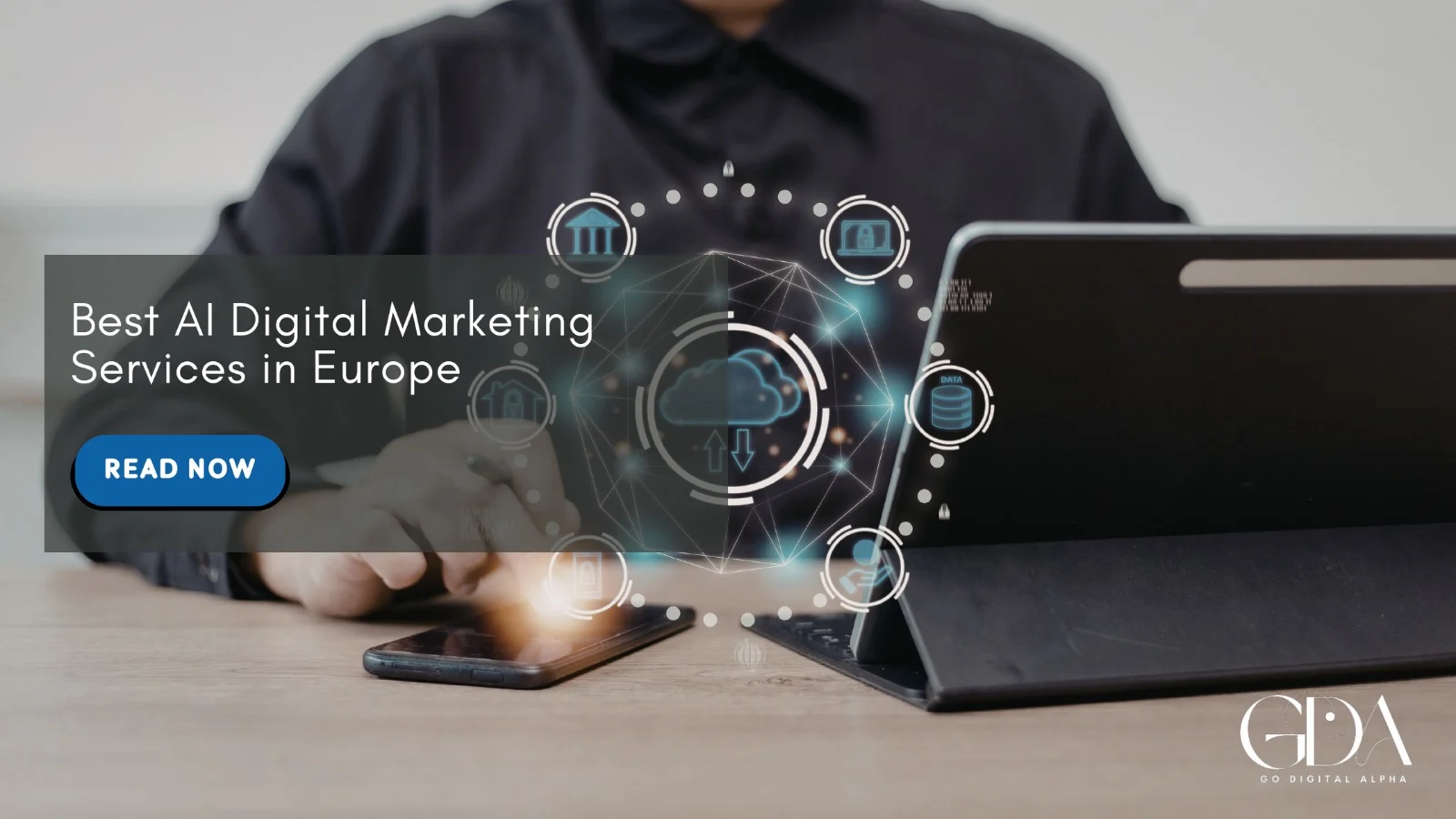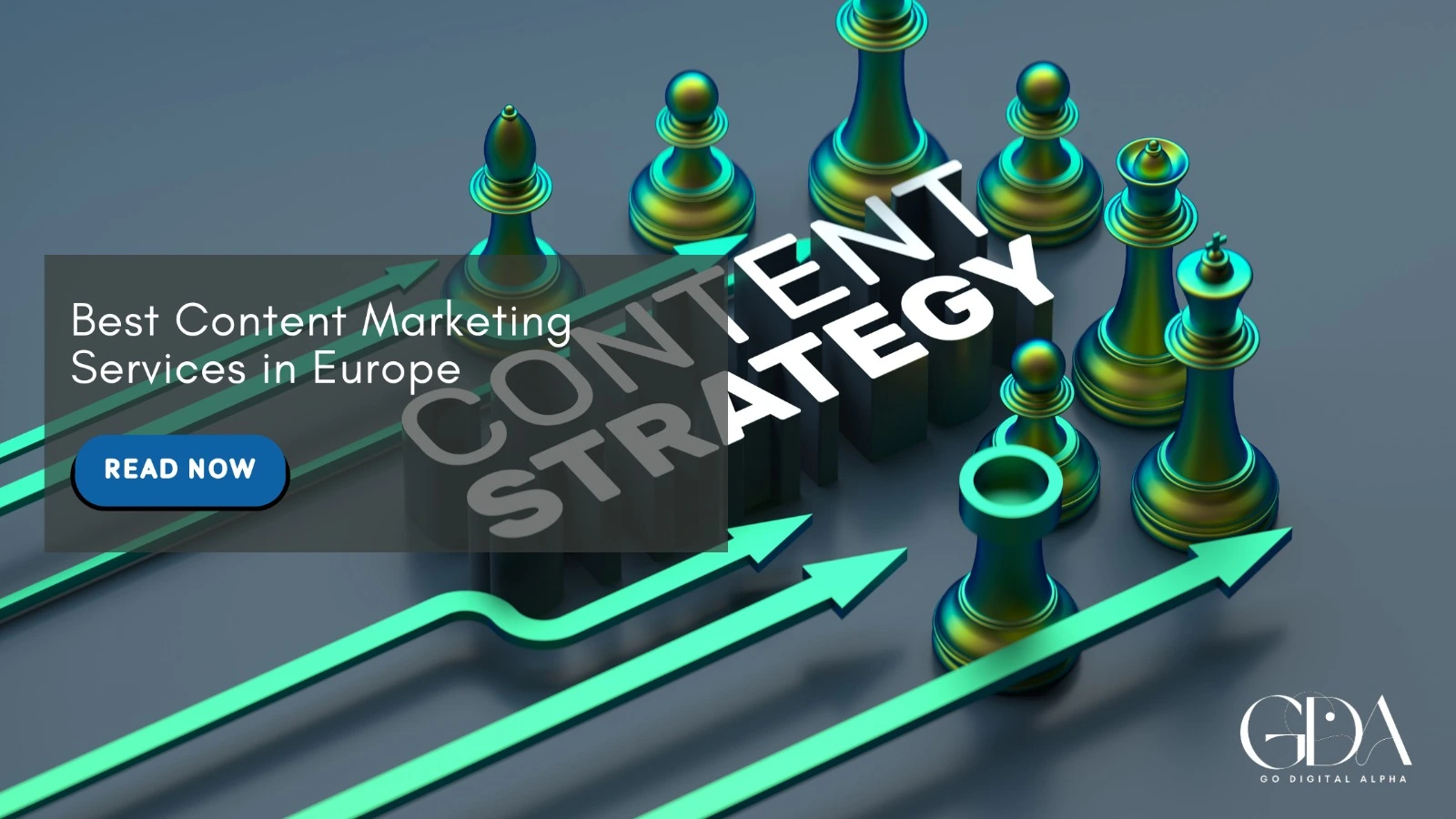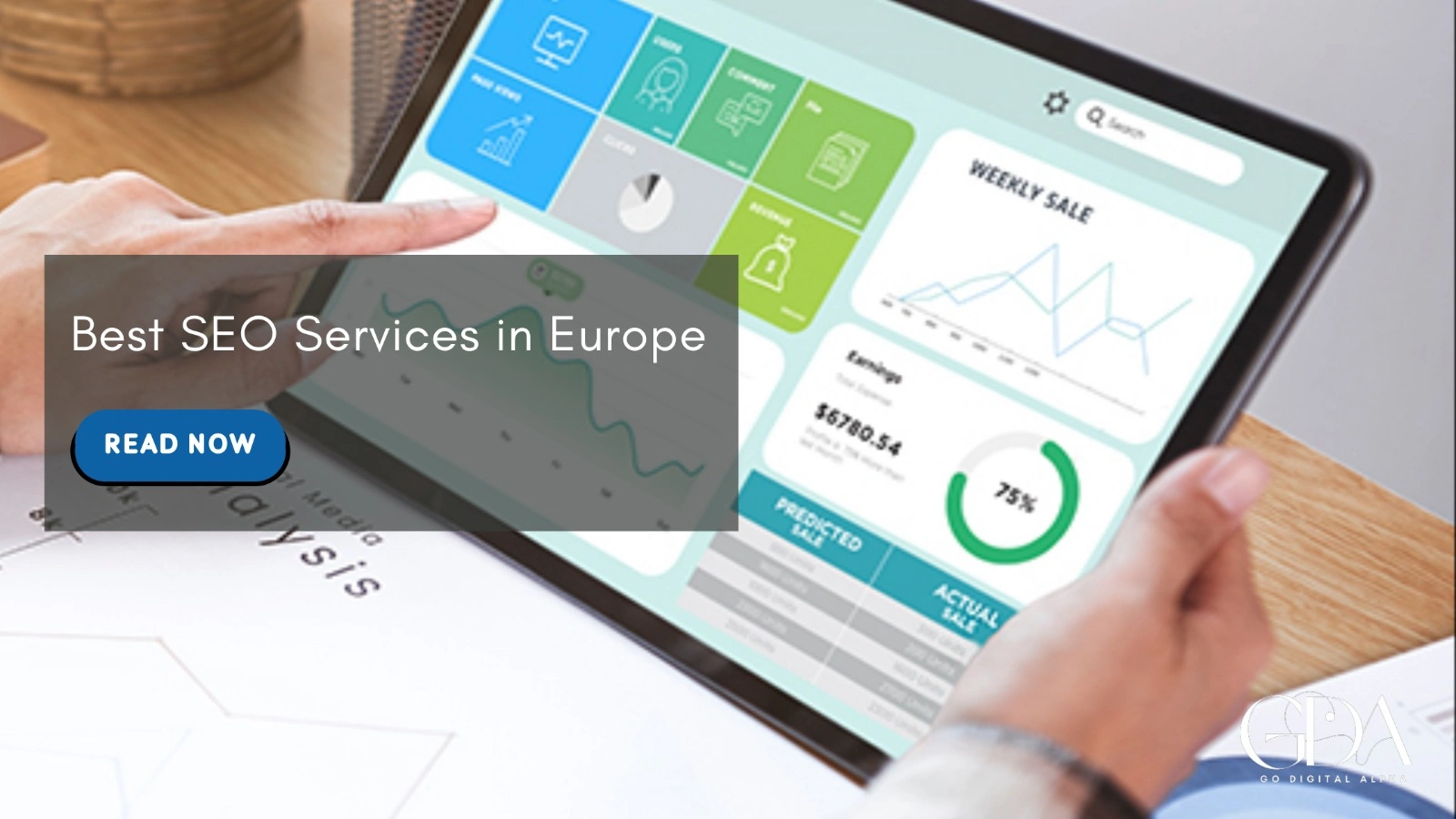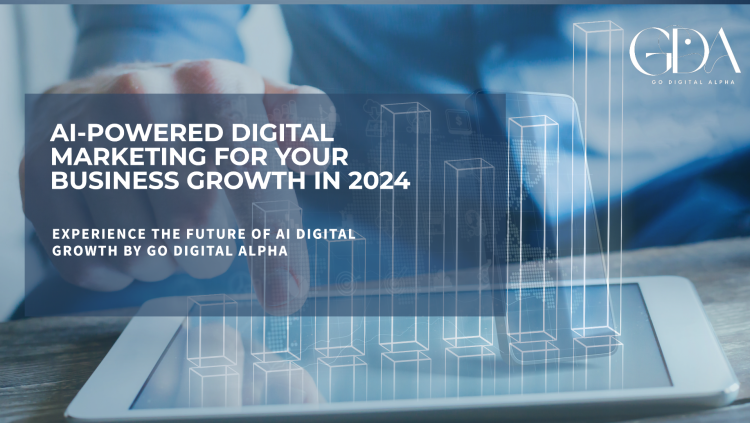
In the rapidly evolving digital landscape, Artificial Intelligence (AI) has emerged as a game-changer, revolutionizing the way businesses approach digital marketing. In 2024, the integration of AI in Digital Marketing strategies is not just a trend; it’s a necessity for businesses aiming to stay ahead of the competition. This comprehensive guide explores how AI can drive growth and enhance the effectiveness of your digital marketing efforts.
Understanding AI in Digital Marketing

Artificial Intelligence refers to the simulation of human intelligence in machines that are programmed to think and learn like humans. In digital marketing, AI encompasses a variety of technologies, including machine learning, natural language processing (NLP), and data analytics, all of which contribute to more efficient and effective marketing strategies.
Personalized Customer Experiences

One of the most significant advantages of AI in digital marketing is its ability to create highly personalized customer experiences. By analyzing vast amounts of data, AI can identify patterns and preferences, enabling businesses to tailor their marketing messages to individual customers. This level of personalization can lead to higher engagement rates, increased customer satisfaction, and ultimately, more conversions.
Dynamic Content Generation

AI-powered tools can automatically generate content that is tailored to the interests and behaviors of specific customer segments. For example, dynamic email content can change based on the recipient’s past interactions with the brand, ensuring that each message is relevant and engaging.
Predictive Analytics
AI’s predictive analytics capabilities allow businesses to anticipate customer needs and behaviors. By analyzing historical data, AI can predict future trends and customer actions, enabling marketers to proactively address potential issues and capitalize on emerging opportunities.
Enhanced Marketing Automation

Marketing automation is another area where AI is making a substantial impact. AI-driven automation tools can streamline and optimize various marketing tasks, saving time and resources while improving accuracy and efficiency.
Automated Campaign Management
AI can manage and optimize marketing campaigns in real-time, adjusting strategies based on performance data. This includes automatically bidding on keywords for PPC campaigns, optimizing ad placements, and adjusting budgets to maximize ROI.
Chatbots and Virtual Assistants
AI-powered chatbots and virtual assistants provide immediate responses to customer inquiries, enhancing customer service and engagement. These tools can handle a wide range of tasks, from answering frequently asked questions to guiding customers through the sales funnel.
Improved Data Analysis and Insights
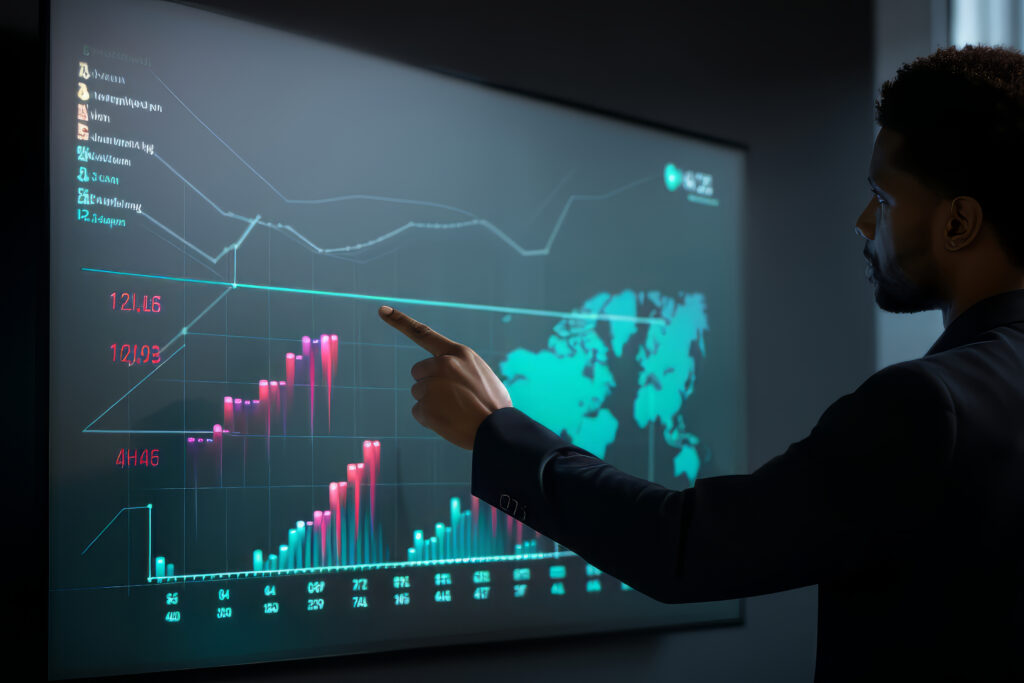
AI excels at processing and analyzing large datasets, providing marketers with deep insights into their audience and campaign performance.
Customer Segmentation
AI can analyze customer data to identify distinct segments based on various criteria, such as demographics, behavior, and preferences. This allows businesses to target each segment with highly relevant and effective marketing messages.
Sentiment Analysis
By leveraging NLP, AI can perform sentiment analysis on customer feedback, social media posts, and online reviews. This helps businesses understand how customers feel about their brand and products, enabling them to make informed decisions to improve customer satisfaction.
Optimized Content Marketing

Content is king in digital marketing, and AI is transforming how content is created, distributed, and optimized.
Content Creation
AI-powered tools can assist in content creation by generating ideas, writing drafts, and even producing complete articles. These tools can analyze existing content to identify gaps and suggest topics that are likely to resonate with the target audience.
Content Distribution
AI can optimize content distribution by identifying the best channels and times to reach the target audience. This ensures that content reaches the right people at the right time, maximizing its impact.
SEO Optimization
AI tools can enhance Search engine optimization (SEO) efforts by analyzing keywords, suggesting improvements, and monitoring search engine rankings. This helps businesses ensure that their content is easily discoverable by search engines and potential customers.
Enhanced Social Media Marketing
Social media platforms are a crucial component of digital marketing, and AI is revolutionizing how businesses engage with their audience on these platforms.
Social Media Monitoring
AI-powered tools can monitor social media channels for mentions of a brand, competitor activity, and industry trends. This allows businesses to stay informed and respond quickly to relevant conversations.
Ad Targeting
AI can optimize social media ad targeting by analyzing user data to identify the most relevant audience segments. This ensures that ads are shown to the people most likely to be interested in the product or service, improving ad performance and ROI.
Boosting ROI with AI

The integration of AI in digital marketing not only enhances the effectiveness of marketing strategies but also significantly improves return on investment (ROI).
Cost Efficiency
AI-driven automation reduces the need for manual intervention, saving time and resources. This allows businesses to allocate their budget more efficiently, focusing on high-impact activities.
Performance Tracking
AI can continuously monitor and analyze campaign performance, providing real-time insights into what’s working and what isn’t. This enables marketers to make data-driven adjustments to optimize their strategies and maximize ROI.
Challenges and Considerations
While AI offers numerous benefits, it’s essential to be aware of the potential challenges and considerations when implementing AI in digital marketing.
Data Privacy and Security
With AI heavily reliant on data, businesses must ensure that they handle customer data responsibly and comply with data privacy regulations. Implementing robust security measures is crucial to protect sensitive information.
Integration with Existing Systems
Integrating AI tools with existing marketing systems can be complex and may require significant time and resources. Businesses must plan carefully and ensure that their technology infrastructure can support AI integration.
Skill Gap
The successful implementation of AI in digital marketing requires a certain level of expertise. Businesses may need to invest in training or hire specialists to fully leverage AI capabilities.
Conclusion
In 2024, AI is set to play a pivotal role in digital marketing, driving growth and enhancing the effectiveness of marketing strategies. From personalized customer experiences to enhanced marketing automation and optimized content marketing, AI offers numerous opportunities for businesses to stay competitive and achieve their goals. By embracing AI, businesses can not only improve their marketing efforts but also gain a significant edge in the ever-evolving digital landscape.

